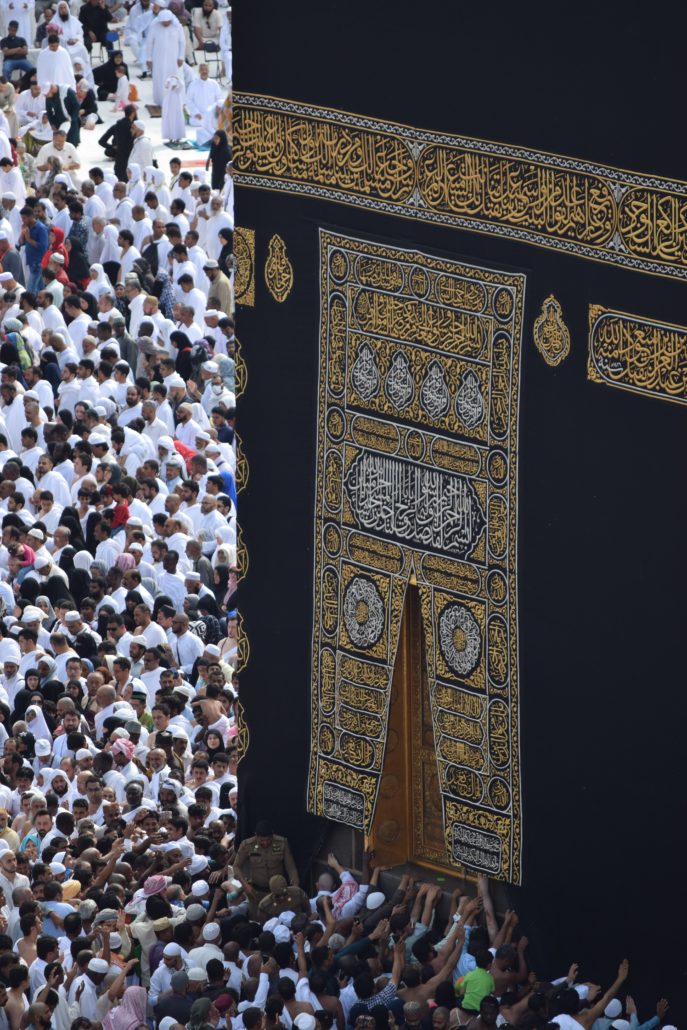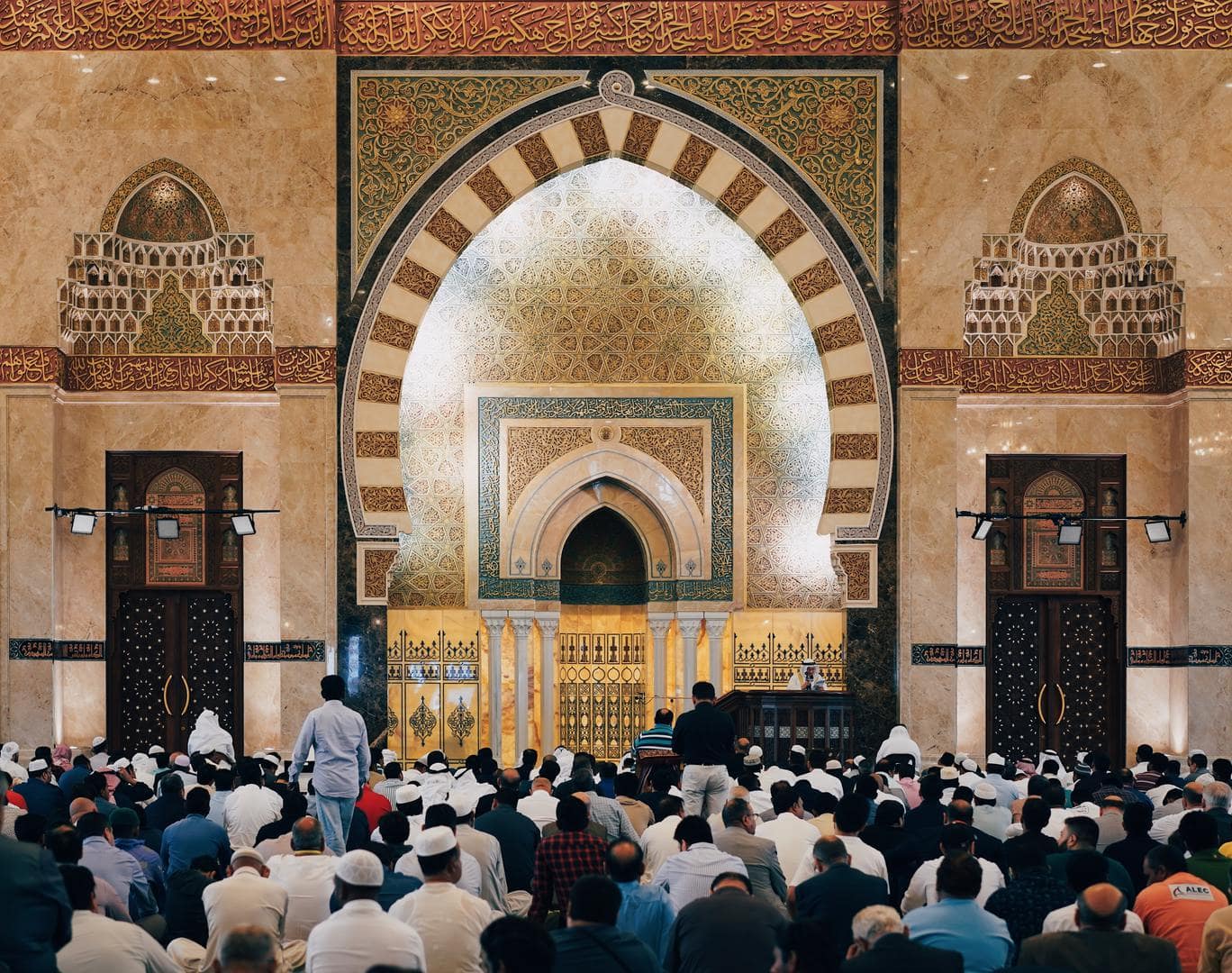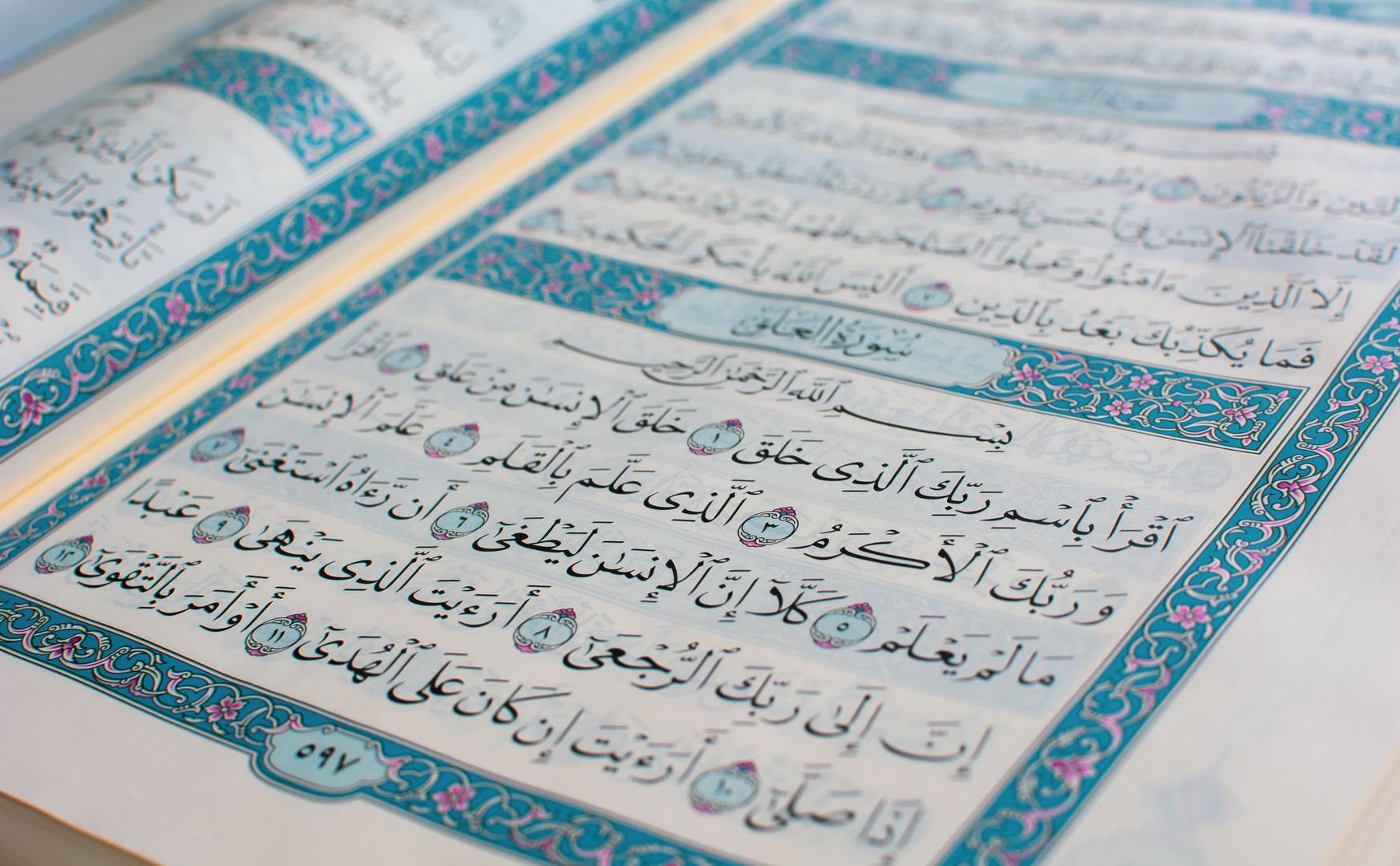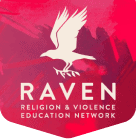A Bittersweet Eid
Eid Mubarak to our Muslim friends around the world! May you feel the love of Allah, Cherisher and Sustainer of the worlds, bringing your spirits together during this sacred holiday.
Islam has played a formative role in my faith journey, and my love for my dear Muslim friends compels me to reach out in love and prayer and solidarity with the worldwide ummah during this unprecedented Eid.
This is a bittersweet time, as the gates of Mecca are closed to the vast majority of Muslims right now. Only about 1000 people already in Saudi Arabia are taking part in the ritual surrounding of the Kaaba where millions traditionally gather. This Eid al-Adha, the holiday of sacrifice, is being observed by the sacrifice of the pilgrimage itself.
Many are grieving this loss. Millions who have planned and saved and dreamed for years have been cut off from the journey of a lifetime, and some will not have the opportunity ever again. Some may never be able to afford the Hajj (pilgrimage) after losing job or savings or health to Covid-19. The Most Gracious, Most Merciful God does not require this final pillar of Islam to be performed by those unable to withstand or afford it, but that barely alleviates the sense of loss so many around the world are feeling.
May those of us who are not Muslim understand the grief of our siblings in faith, and may we have the compassion to be instruments of God’s Peace.
We are siblings, after all. All humanity is an interconnected family, and Jews and Christians as well as Muslims are descendants of Father Abraham, whom Muslims especially remember today. Ironically, those who most acutely feel loss on this holiday may be closer in spirit, if not physical presence, to the journey of Abraham than ever before.
The story of Abraham is a story of a turning point in human history, a turning from sacrifice to mercy. All the Abrahamic traditions speak, in differing details, of Abraham’s near sacrifice of his son. Yet only Islam claims that after God spares the son (Ishmael, in this case), Abraham and Ishmael together build the first house of worship, the Kaaba. While Muslims and non-Muslims may disagree over the historicity of this event, the crucial transition from sacrifice to mercy as the essence of worship is profoundly demonstrated in the ritual of the Hajj.
As I meditate in sympathy with my Muslim siblings this year, I am pondering three fundamental considerations:
- The redefining of sacrifice and worship through Abraham,
- The nature of Hajj as the ultimate fulfillment of God’s desire for human community, and
- The unique circumstances that lead me to believe that the most faithful pilgrimage this year is a journey of the heart, not the body, and that God is calling all of us to expand our understandings of mercy, solidarity, and service.
May the meditations of my heart be worthy in God’s sight and a comfort especially to Muslims losing their opportunity to perform the Hajj this year.
… this pandemic has sent us all out on a pilgrimage to find compassion within ourselves and bring it to an aching world.
Abraham and the Subversion of Sacrifice
It is impossible to overstate the role of sacrifice at the foundation of religion, or the significance of humanity’s ongoing transition from sacrifice to mercy which the Hajj, among other things, encompasses.
Religion was born in sacrifice at the dawn of civilization. The first humans expressed their mimetic natures – their shared desires for limited resources including status and power – through competition and conflict. Violence spiraled out of control. Yet the first communities came together, out of their all-against-all rage, by uniting against a scapegoat, a random enemy blamed for the many troubles plaguing the community. Together, communities would kill or expel this scapegoat and find such catharsis in their communal violence that they perceived a divine blessing. Thus, the false connection between God and violence, between God and sacrifice, was drawn from the beginning.
Out of the contagion of violence that plagued humanity, God called Abraham to be a blessing to the world. Through Abraham, God would guide humanity home to God’s self, away from the false gods of war and tribalism, greed and vengeance, limited love for their own and wrath for others.
But just as God guides humanity through Abraham, God also guided Abraham in his humanity, through his own misunderstandings.
That, I believe, is why Abraham felt a call to sacrifice his son. His story recalls a time when sacrifice was common practice. In Islam, Abraham told Ishmael what he perceived God’s desire to be, and Ishmael agreed to his own death for God’s sake. Their willingness to give everything to God is commendable, but their understanding of God’s will needed transformation.
In sparing Ishmael, God revealed God’s true desire to be mercy, not sacrifice. The Qur’an emphasizes that to kill one innocent person is to kill all humanity. The true God commands care for, not condemnation of, the vulnerable, trampled, exploited and oppressed. In staying Abraham’s hand, God reveals that blood shed for God’s sake is shed in ignorance.
So when Abraham and Ishmael built the first house of worship, the Kaaba, together, they transcended the false unity and worship of sacrifice. Whereas community had once been built on the dead bodies of victims, the would-be sacrificer and victim came together in gratitude and love and built a new focal point for communal worship. Simply by virtue of its existence, the Kaaba is a reminder that true worship revolves around eschewing the false gods of over-and-againstness and gathering around the true God who is Most Gracious, Most Merciful. Muslims around the world turn toward it, and thus each other, at least five times every day.
The Hajj: God’s Desire for Human Community

Thus the pilgrimage to Mecca is sacred for the way it physically embodies the spiritual journey humanity makes from sacrifice to mercy. Where sacrifice forms community against those excluded, mercy draws people together in its inclusive embrace.
While we still tend to find and define ourselves over and against others, the Hajj calls believers from all regions and walks of life to set aside hostilities, greet one another with blessings of peace, and live into their connection as servants of the same God. As Jamal Elshayyal, reporter for Al Jazeera, testifies:
You’ve done away with all forms of classism, all forms of racism, all isms that divide, all ideologies that try and put somebody above somebody else. … It’s meant to be a departure from this world because you’ve done away with all that status, you’ve done away with all the showing off, you’ve done away with judgments – the only judgment is there above, from your Lord, and that’s it.
When worshippers gather in any mosque, they stand shoulder-to-shoulder without a sliver of daylight between them. Thus at Mecca, pilgrims gather shoulder-to-shoulder with neighbors both within their own families and across the whole world.
Citizens of countries fighting wars against one another may be praying side-by-side, drawn into the same sacred experience, feeling the same peace, grace, and love, and recognize that people cannot worship the same God shoulder-to-shoulder one day and turn guns on each other the next.
The physical presence of believers of all nations, colors, classes, and ideologies in one place, serving One God, makes a real difference, sends real ripples of peace through the world. It’s the only way we can come to true understanding of ourselves: not in contrast to one another but interconnected and equally beloved by God.
So when I say that nearly canceling the pilgrimage this year is the most faithful way to honor God, I mean it even as I meditate on the Hajj as the closest people on earth may come to fulfilling God’s desire for human community. The Hajj represents humanity’s journey toward a merciful God and facilitates mercy toward one another, and this year, the most merciful thing we can do for others is love from a safe distance.
The Olive
Branch
Take A Breath with Us
Our weekly newsletter creates a space to take a breath. Once we slow down, we can see the way desire, imitation, and conflict operate in our lives and in the world, and begin to create peace. In addition to the newsletter, you will receive the free "Unlearn the Bible" ebook when you subscribe.
A Pilgrimage In A Pandemic
With all that said, I humbly offer some final thoughts that I hope may comfort Muslims feeling the loss of the Hajj this year. I know that as a Christian, I cannot fully understand the myriad emotions wrapped up in this loss, but my experience with and love for Islam has brought these musings to my heart and mind, and I pray that they may be a consolation.
I believe that you, along with all humanity, are following in the footsteps of Abraham in spirit, if not body. Abraham knew what it was to have his plans suddenly uprooted, to be thrust into uncharted territory. What is this pandemic if not uncharted territory?

I don’t believe this pandemic is God’s will, but I do believe everything we do to carry each other through this devastating time is. Obedience to God is listening to the voice of Compassion guiding us where we may not have gone before. And unprecedented, creative compassion is manifesting within and around all of us as we adopt new safety measures and adapt to new forms of school and childcare as well as care for the vulnerable members of our communities. Renewed understanding of human dignity and interdependence is manifesting as we recognize how much we depend upon those whose work has too often been devalued. And here in the United States, justice – an end to racism and brutality and all of the inhumane policies exacerbating poverty and pain – is being pursued with renewed vigor.
Any opportunity for empathy is a blessing. And all around I see empathy growing in unprecedented ways. Right now, I feel empathy for my Muslim friends who are missing the Hajj, and plan to give charitably in solidarity. I also think that now is a time to consider all who may not have the opportunity for Hajj for other reasons, such as war, poverty, or disease. Symbolically as well as literally, what are those things that keep the world fragmented even when there isn’t a global pandemic locking us down in our homes (if we’re lucky enough to have homes)?
We’re being called to channel our hearts and minds and bodies toward building a better world out of this tragedy, and that is the most sincere and pleasing prayer. Even now, as we’re apart, we’re being called to build a world of mercy in which we can all come together.
Paradoxically, I believe that this pandemic has sent us all out on a pilgrimage to find compassion within ourselves and bring it to an aching world. And I believe God is blessing us all on the journey, especially embracing and upholding us when we experience loss.
Any opportunity for empathy is a blessing. And all around I see empathy growing in unprecedented ways.

Right now, I feel empathy for my Muslim friends who are missing the Hajj, and plan to give charitably in solidarity. I also think that now is a time to consider all who may not have the opportunity for Hajj for other reasons, such as war, poverty, or disease. Symbolically as well as literally, what are those things that keep the world fragmented even when there isn’t a global pandemic locking us down in our homes (if we’re lucky enough to have homes)?
We’re being called to channel our hearts and minds and bodies toward building a better world out of this tragedy, and that is the most sincere and pleasing prayer. Even now, as we’re apart, we’re being called to build a world of mercy in which we can all come together.
Paradoxically, I believe that this pandemic has sent us all out on a pilgrimage to find compassion within ourselves and bring it to an aching world. And I believe God is blessing us all on the journey, especially embracing and upholding us when we experience loss.
Oh God, draw the hearts of all your people together at this sacred time. Heal us from all our divisions and violence, and give us the strength and will and love to rebuild this broken world. In your name, O Love, Most Gracious, Most Merciful, Ameen.

